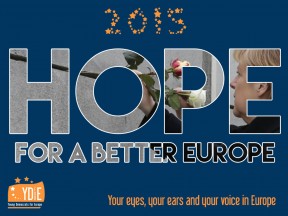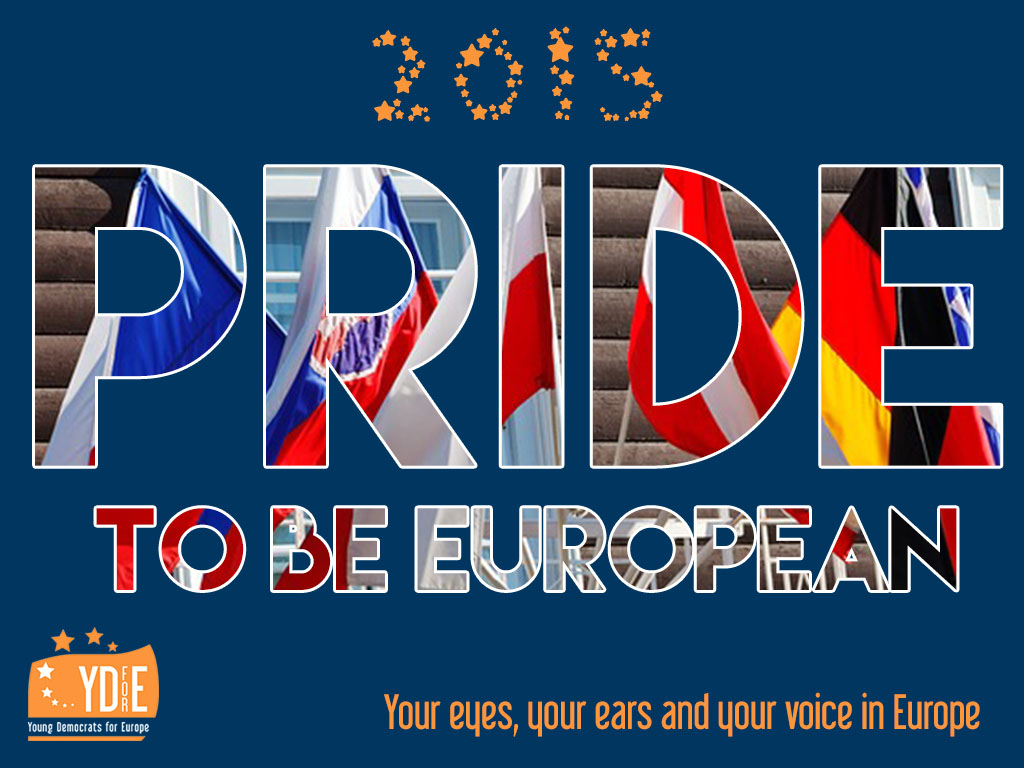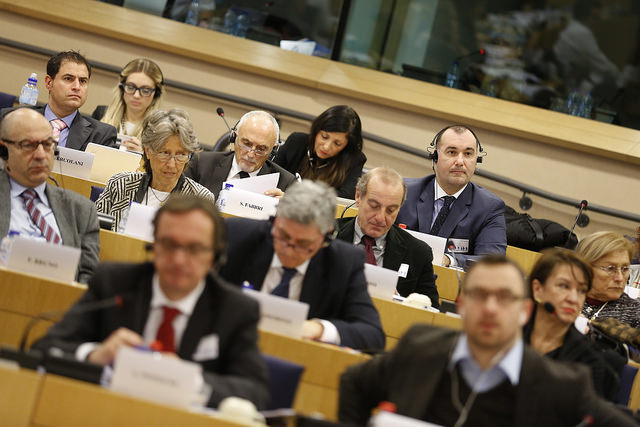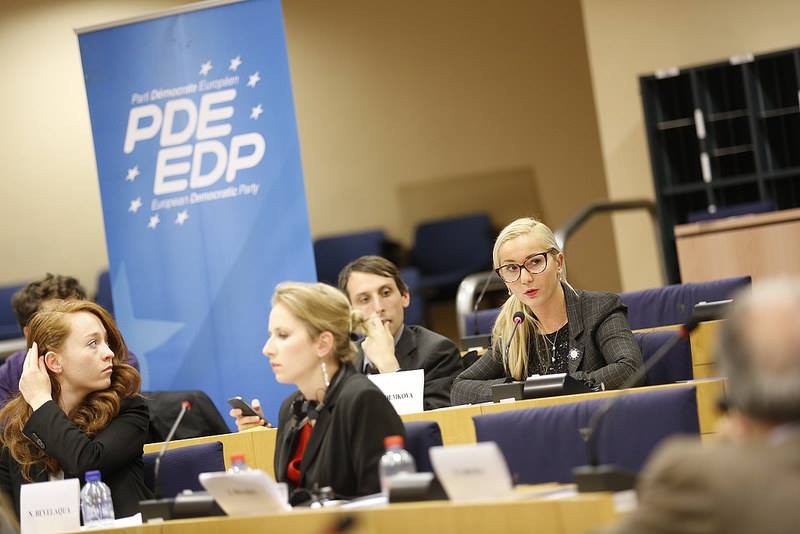
Young Democrats for Europe have hope for the future.
Europeans like Europe but regret its inability to solve problems such as unemployment which stays one of our key concerns. Hit by the crisis, unable to fix an effective strategy, European leaders have failed.
They are the ones Europeans consider guilty, not the European Union. Nevertheless, the European project is a victim of this failure.
Young Democrats for Europe want to pursue the European dream, this is therefore essential that our governments finally manage to re-create growth and employment.
This is the only solution for European youth in particular to reconcile with Europe and its governments.
Therefore, to reach that aim, Europe has to begin a policy of economic stimulation by launching across all the territories projects based on the requirement of environmental protection and the creation of infrastructures tightening links between peoples.
As we know, if Europe agrees to subsidise those important projects, millions of local jobs will be created and the project to bring people closer would be strengthened.
Regarding environment, Europe has to increase investments in renewable energy and in construction of public transport networks in all the European important cities. This will contribute to combating global warming, to the improvement of Europeans’ everyday life and to developing European metropolises.
Solutions exist. Now we need political courage to implement them.
This is the only way to revive the European ideal…

Young Democrats for Europe are proud to be Europeans.
With regard to the history of Europe, Europeans are aware of their role and influence in the world. We know that numerous countries consider the European Union as a model of human development. Health, Culture, Gastronomy, the luxury and high-technology industry, cinema, architecture,… all these areas illustrate the European know-how and contribute to its outreach.
This reality is an opportunity and a resource that we must harness.
Building on these strengths, the European Union finally achieves to create a functional diplomacy capable of defending our interests and promoting our culture in the world.
Thanks to this active policy of outreach, Europe will be able to make “its” citizens proud to belong to a humanist civilization.
By reconciling with its past and its assets, Europe will be able to contribute to the creation of Europeans, ambassadors.
In order to achieve this, beyond its internal political construction, Europe has to play a role on the international stage, in particular on the territories connected to our history. The latter aspire to develop themselves and to another model than those of the United States or China. This is our duty to hear, understand and to answer this call for help.
Wherever States tear themselves, our experience of conflict settlement should be used. To make Europeans proud and confident in the future, the European Union has to assume and accept its role of major power.
![]()









